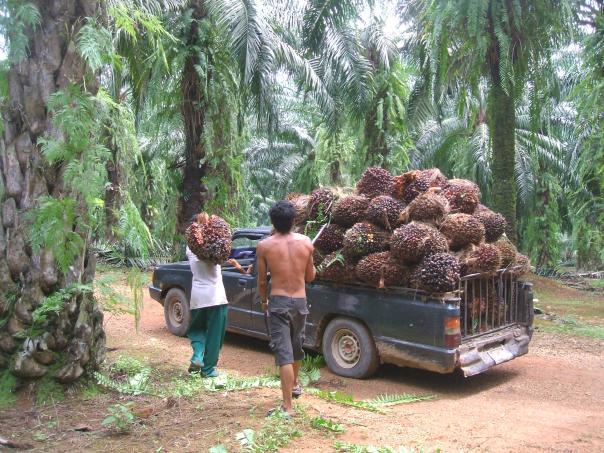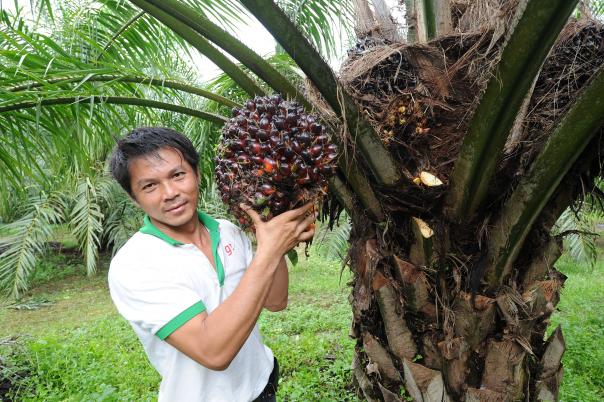

Efca, the UK-based technical experts in sustainable commodities, reported that in 2016 the UK brought 328,139 tonnes of sustainable palm oil, which was 78% of the total tonnes imported.
Palm oil, or ingredients made with palm oil are present all across the food industry; from oils, pastry products and desserts to breads and mixes. It is even used in soap, detergents and cleaning products, making it a global commodity. Chester Zoo estimated that global production of palm oil will hit 60 million tonnes by 2020, up by over 23,000% since 1930.
However, the growing of palm oil has become a highly debated subject as palm oil production is thought to have been responsible for about 8% of the world’s deforestation between 1990 and 2008 so many people have been trying to see how they can make sustainable oil.
In an effort to lower the industry’s environmental footprint, leading companies, such as Compass and Sodexo, have signed up to the Roundtable on Sustainable Palm Oil (RSPO), who are working to ‘transform markets to make sustainable palm oil the norm’.
AKA foodservice were the first to import 100% certified sustainable palm oil into UK was a founding member of RSPO and have been one of the global leaders in promoting and supporting the use of sustainable palm oil
Rachel Neale, AKA senior marketing manager, said: “The food industry needs to boost its green credentials and step into sustainability to ensure that it keeps up with customer demand for responsibly-sourced food.”
RSPO certification ‘is the customer’s assurance that the palm oil they are buying and using has been produced in line with rules to ensure responsible and ethical working practices.’
Palm oil is made from the fruits of African oil palms and originally came from the west of south-west of Africa, but they were introduced to Indonesia and Malaysia in the late 19th and early 20th centuries.
But as palm oil grew in popularity for it’s neutral smell and taste, long shelf life and excellent cooking properties, forests started to be burned to clear areas where people could grow oil palms. Burning of the forests damaged the environment and caused destruction of plants and wildlife, affecting orangutans, rhinos, elephants and tigers.
4.5million people in Indonesia and Malaysia depend on palm oil for their livelihoods, so banning it is unlikely, UK government regulations have instead made it easier to identify products that use palm oil.
Until a few years ago, it was harder to identify sustainable palm oil, however now it is a legal requirement to list palm oil, instead of just vegetable oil, if it’s used as an ingredient in a product. Finished products are more difficult to identify, such as biscuits, bread and gravy powder when it then should be the responsibility of the manufacturer to ensure what they use is certified.
One issue that faces the industry is the standard to show if it is sustainable. Some products will carry the RSPO trademark to show the palm oil is sustainable, and others will make it clear in the accompanying documentation or in the supplier’s CSR policies.
For those who want to know where their oil comes from, for now, the rule of thumb seems to be to just ask the supplier.